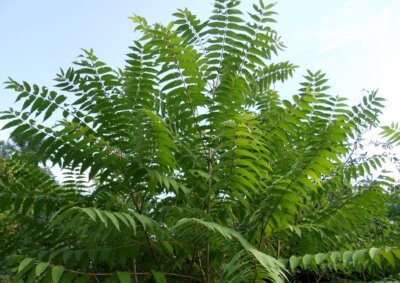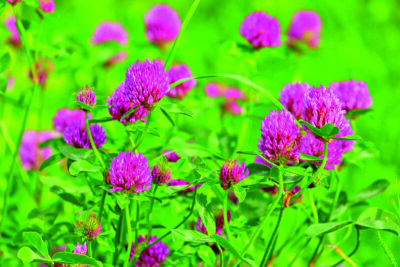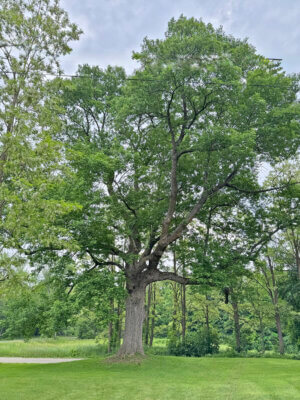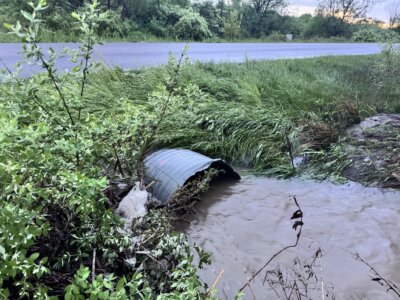Composting: the humane alternative
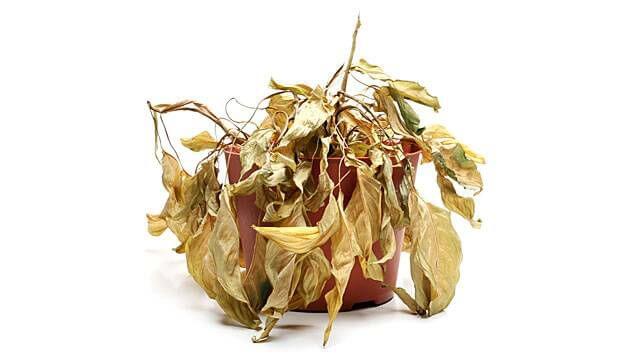 Houseplants are the bane of many very accomplished gardeners. Perhaps there should be a bumper sticker—Houseplants: Compost Them.
Houseplants are the bane of many very accomplished gardeners. Perhaps there should be a bumper sticker—Houseplants: Compost Them.
This is the time of year when we look with a mix of horror, sadness and defeat at the plants entrusted to our care. The glories of composting make the inevitable easier. Seriously, banana peels and apple cores are happy to be composted, so why not houseplants?
In fairness, Vermont is a tough place for houseplants, especially in the dry interior climate during the winter. Most houseplants are tropical beauties that need warmth and humidity. Like most gardening, celebrate plants that are flourishing and admire the great gardeners who succeed with house plants.
This is a good time to inventory houseplants, and Dr. Kevorkian aside, triage. The sun is at a higher angle and there is generally more light. For the successful plants, ask what worked. A good location, the right music and not too much news? Pebbles in the saucer to add humidity? The cat did not pee on them?
An option is a severe cut back. An “heleba.” It is amazing how new foliage sprouts from a well-pruned houseplant.
Another option is propagation. Geraniums and Christmas cacti, among others, are good candidates. Make a clean cut below a node, dip in propagation powder and plant in fresh clean soil and clean pot. Keep moist but not wet.
Though it requires courage on the gardener’s part, composting may be the best alternative. The plant will have a reincarnation and you will feel so much better. That said, there are houseplants that we simply cannot let go of because of the source of the plant such as a loved one, an ex significant other or our stubborn nature.
However, If the plants are invested with mealybug, scale or aphids do not compost but bag and put in the garbage.
Speaking of bugs here are some tips:
Mealybug: Either longtail or citrus appear as a white mess on and under leaves and stems. Use a swab soaked in alcohol to kill them and then rinse the plant in the sink.
Scale: Appears on stem and leaves as raised brown spots. It appears on the veins in the neophyte form as a very light brown. If the leaf is broad, use a rag in soap and water and wash off. If too narrow use alcohol and swab.
Aphids: Ugh!! To prevent spread put a plastic bag over the plant and then take the plant into the shower or the sink and drown the suckers (Well, that is what they are!).
Other basic houseplant advice is to not overwater, change the pot and soil out every other year or so, trim dead leaves and play their favorite music.
Even though my houseplants are now angry at me, they, of course, did something endearing. A begonia just bloomed! The rest of you in my house prepare for reincarnations!
Related Stories
Popular Stories
If you enjoy The Charlotte News, please consider making a donation. Your gift will help us produce more stories like this. The majority of our budget comes from charitable contributions. Your gift helps sustain The Charlotte News, keeping it a free service for everyone in town. Thank you.
Andrew Zehner, Board Chair




